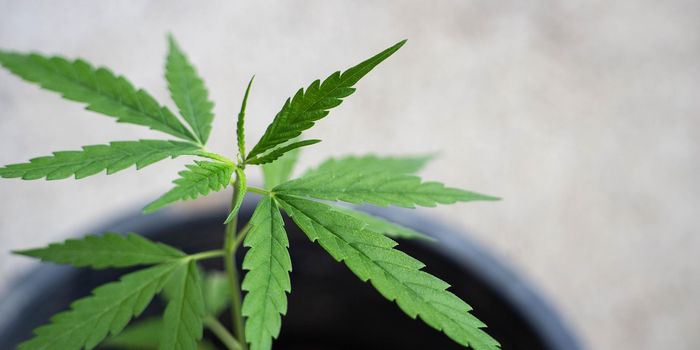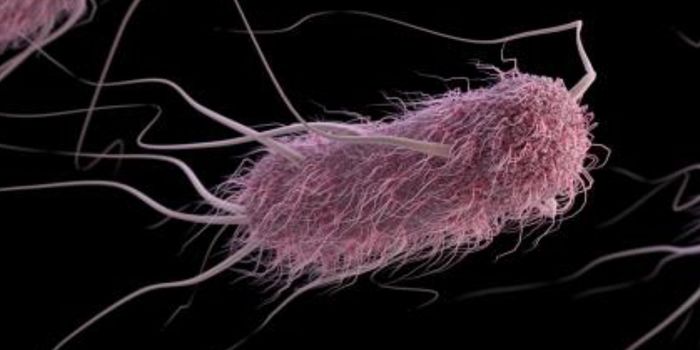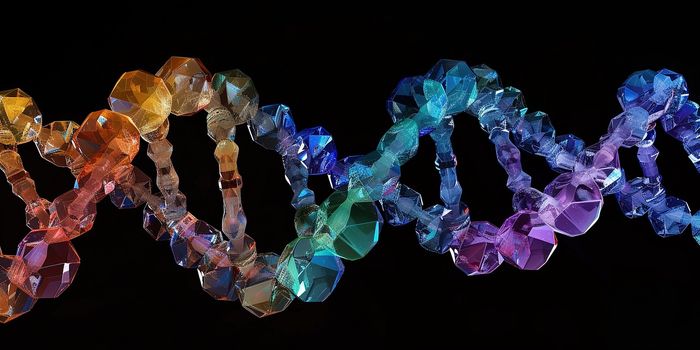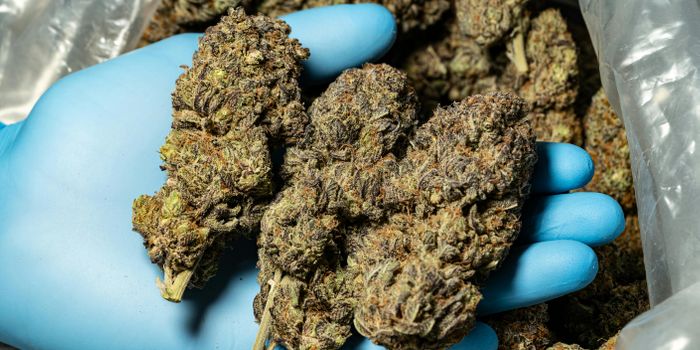Molecular Mechanism Behind Ketamine for Depression Discovered
Over 30% of people with major depressive disorder are resistant to serotonin reuptake inhibitors (SSRI's), the current frontline prescription drug for the condition. Researchers are thus scrambling to find an alternative. Now, researchers from Canada have found that ketamine works against depression via a group of proteins involved in memory formation. Their discovery will go on to create better treatments for some patients with major depression.
Ketamine was initially approved by the FDA as an anaesthetic in the 1970's. However, research has since found that it is also effective against depression. Unlike standard treatments for the condition, which typically take weeks to have an effect, ketamine works within hours. And now, researchers have uncovered one of the molecular mechanisms behind this effect.
For their study, they examined the effects of ketamine on behavior and neuronal activity in mice. They used genetic tools to remove 4E-BP proteins (important for switching protein synthesis for memory formation on or off) from excitatory neurons (which make up most of the neurons in certain areas of the brain) and inhibitory neurons (those which control excitatory neurons) to see how ketamine worked in each case.
In the end, the found that when 4E-BP proteins were absent from both types of neurons, ketamine was unable to relieve depressive behaviors and neuronal patterns. This came as these proteins were able to turn protein synthesis necessary for memory formation on or off.
"Too many decisions continue to be made by a trial-and-error approach that can prolong the suffering of patients and affect their quality of life," says co-author of the study, Argel Aguilar-Valles.
"Our discovery has the potential to bring us closer to find a safer alternative to ketamine, and ultimately to a personalized medicine approach, where medical treatments are tailored to the individual characteristics of each patient."
Sources: Neuroscience News, Nature









